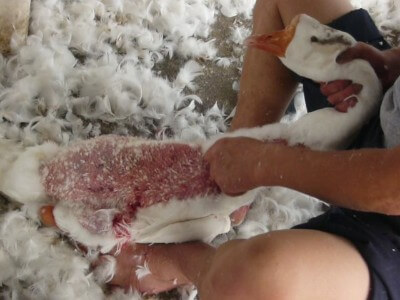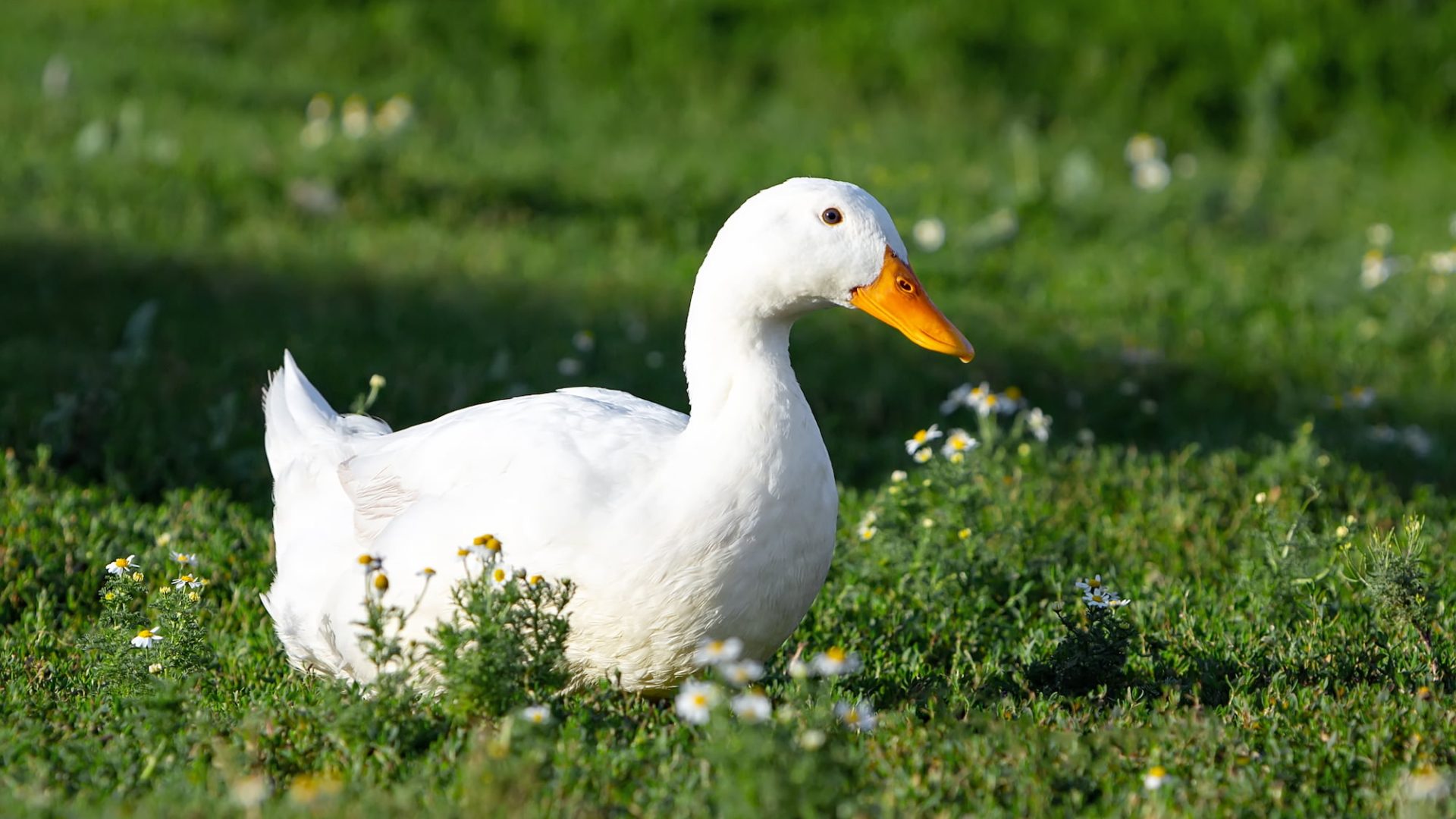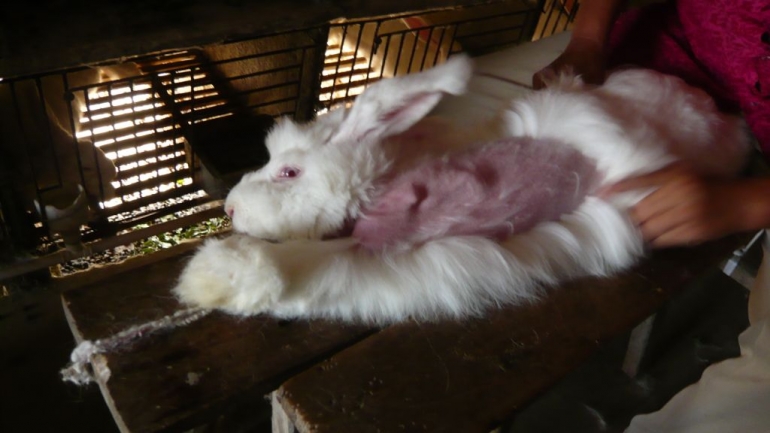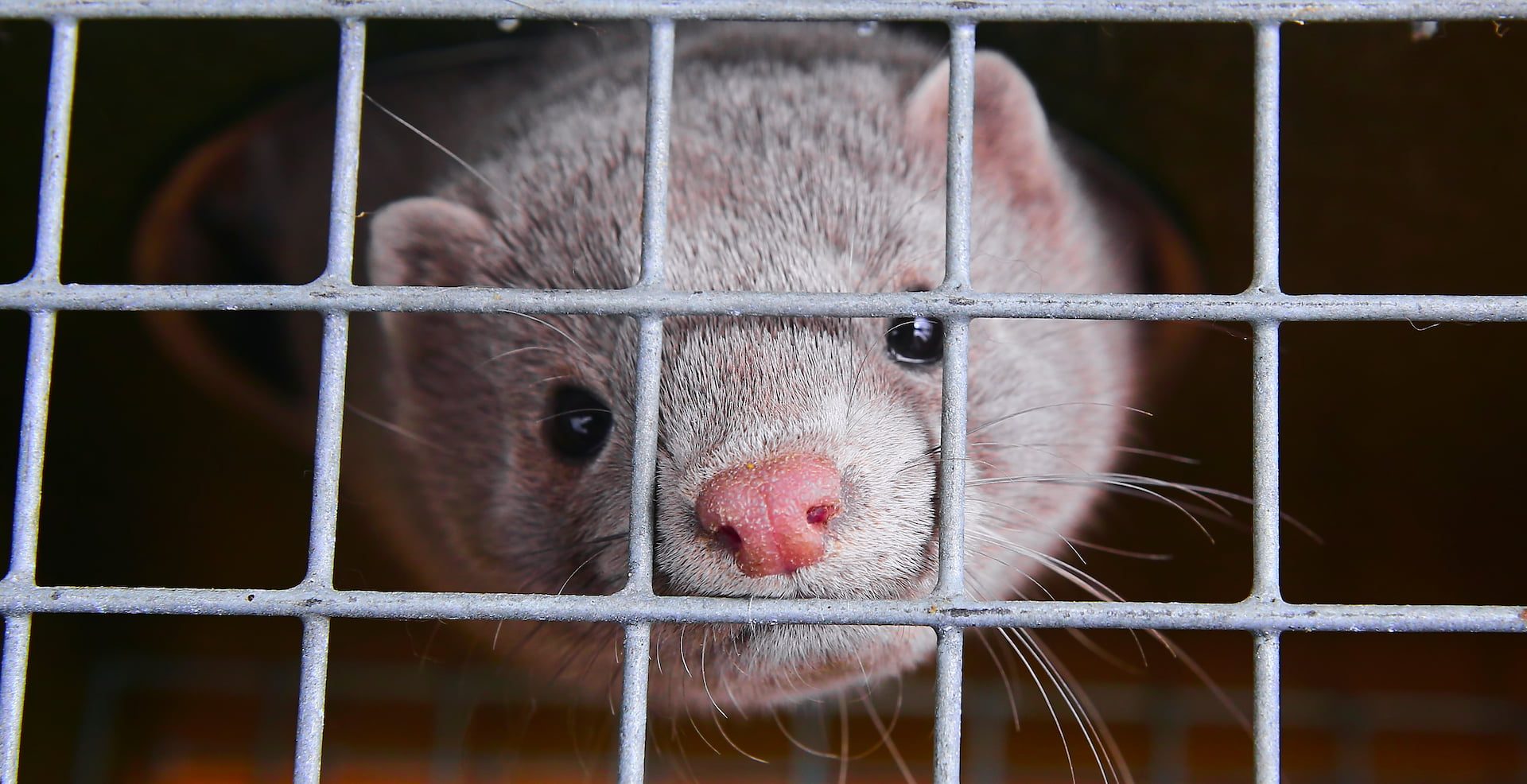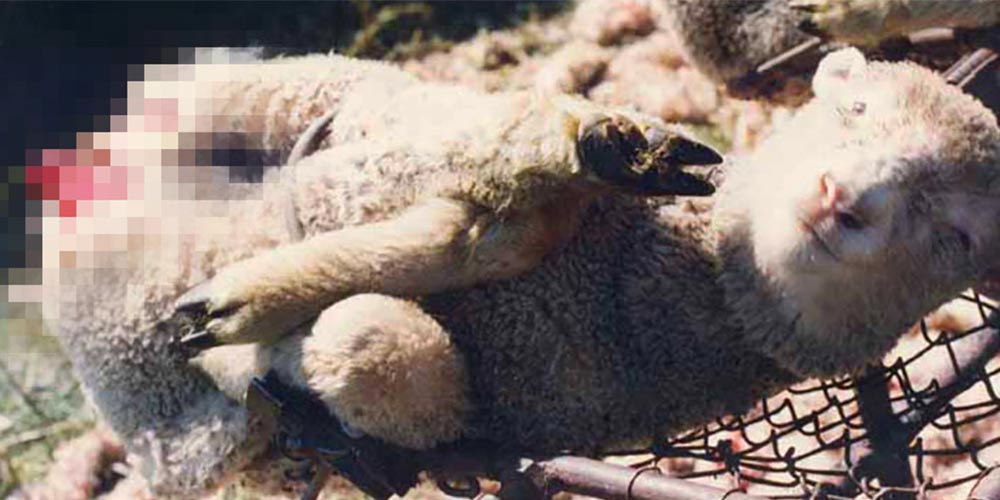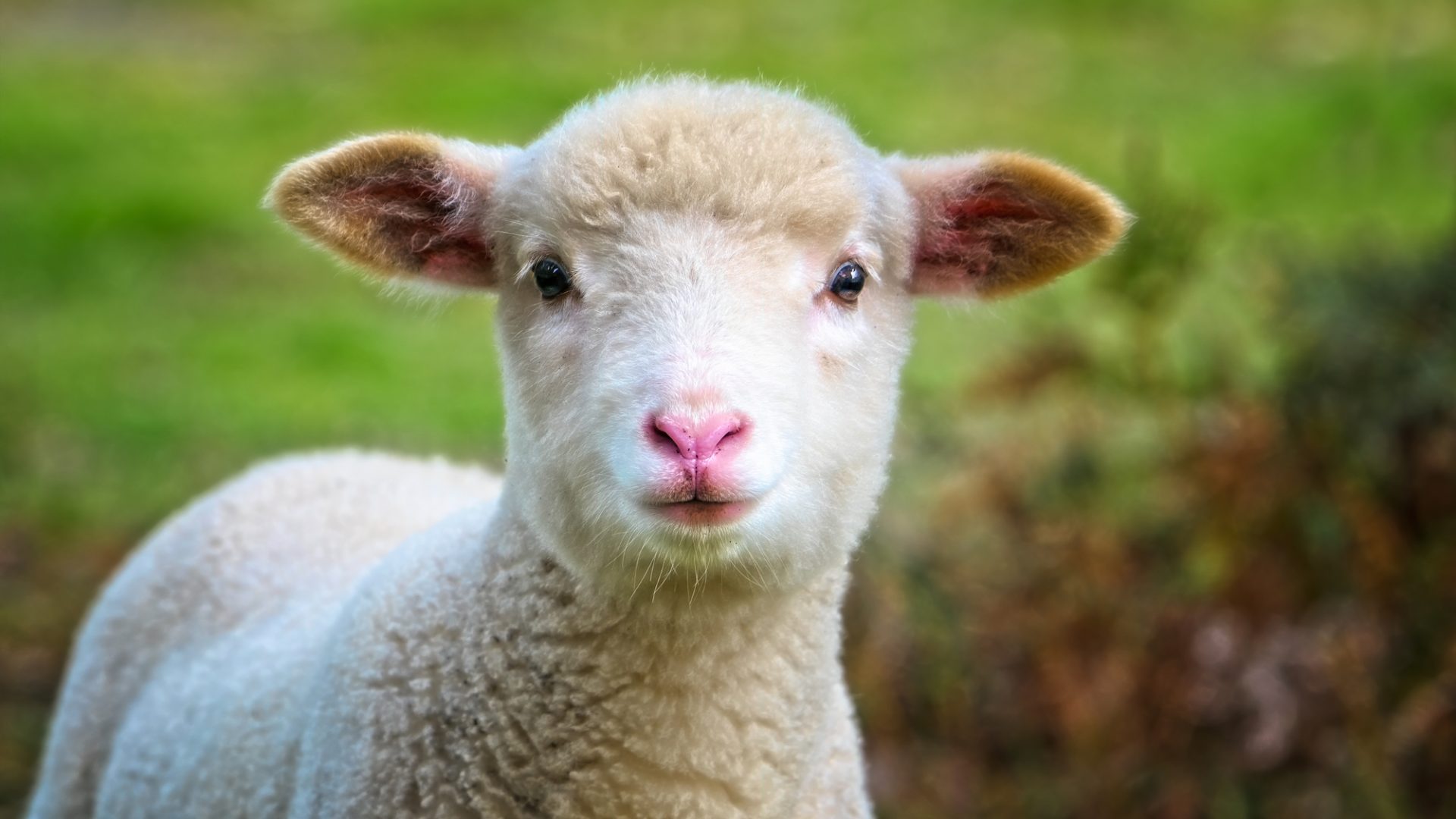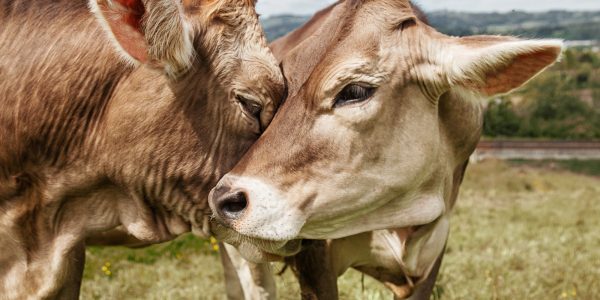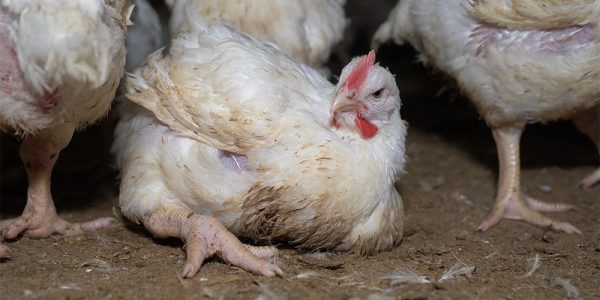In preparation for the cooler weather setting in, stores are stocked with angora scarves, woollen mittens, feather quilts and down coats. These products are designed to keep us warm, but who is being left out in the cold?
There is a dark side to winter fashion and comforts that we’ve been insulated from: the truth about the cruelty that sheep, rabbits, geese and ducks can be subjected to in the production of these products.
The lowdown on down
Down is the layer of soft and tiny feathers closest to a bird’s body. For ducks, geese and other birds, it does the job that nature intended, keeping them warm during the long, freezing winter months. Many people are completely unaware of the cruel reality for ducks and geese in the ‘down’ production process.
Most down sold in products in Australia comes from China – a country with few animal protection laws. Down is most often ‘harvested’ through a process called ‘live-plucking‘, which is as disturbing as it sounds: struggling geese and ducks as young as 10 weeks old are held down, potentially causing their fragile wings or legs to break in the process, and then have their feathers ripped out by the roots.
Their delicate skin is often torn during this violent defeathering, and the wounds may be stitched up with long needles, without anaesthetic. This ‘harvest’ can occur up to six times a year, until the traumatised birds are sent to be slaughtered.



